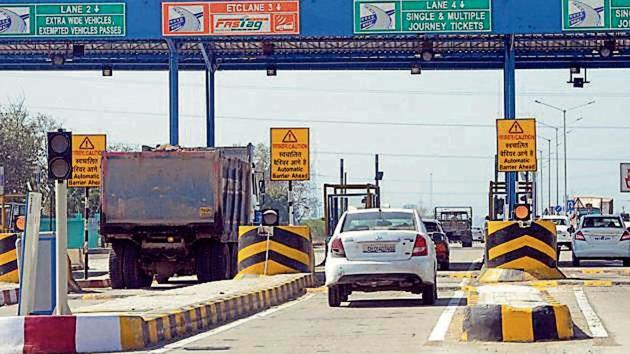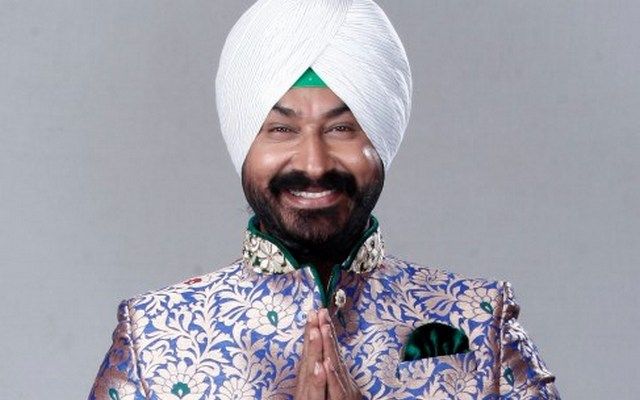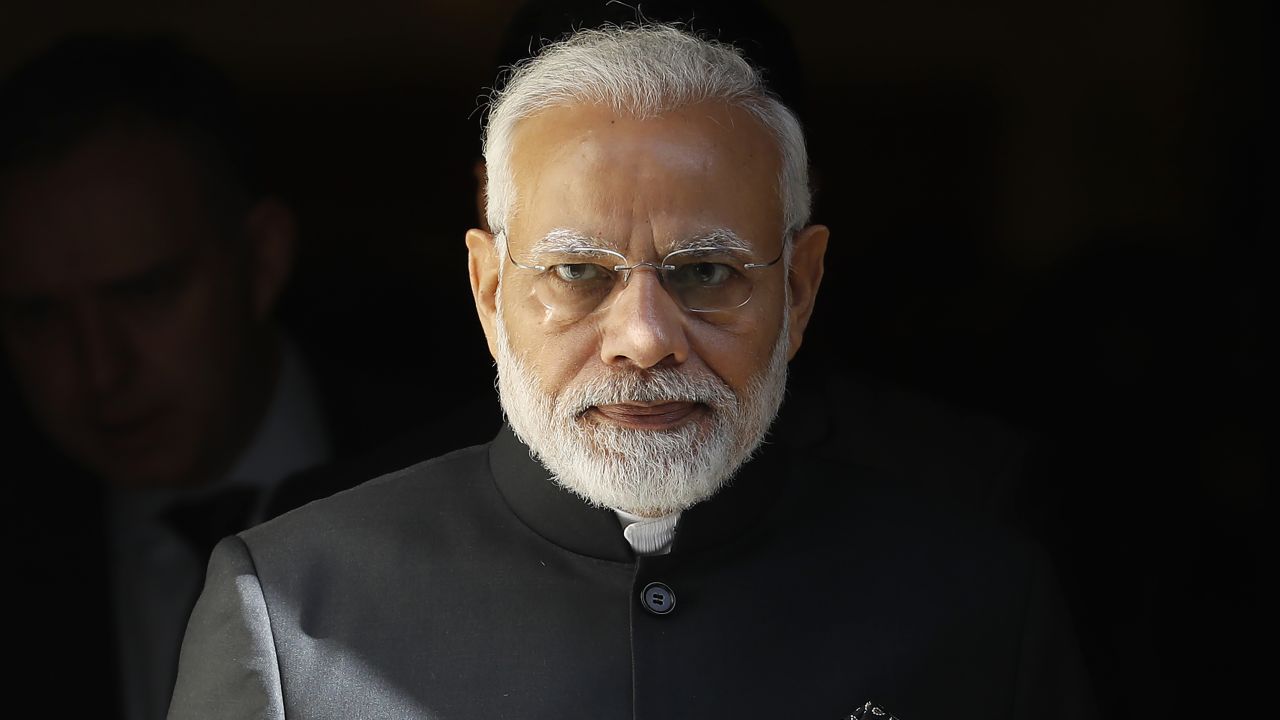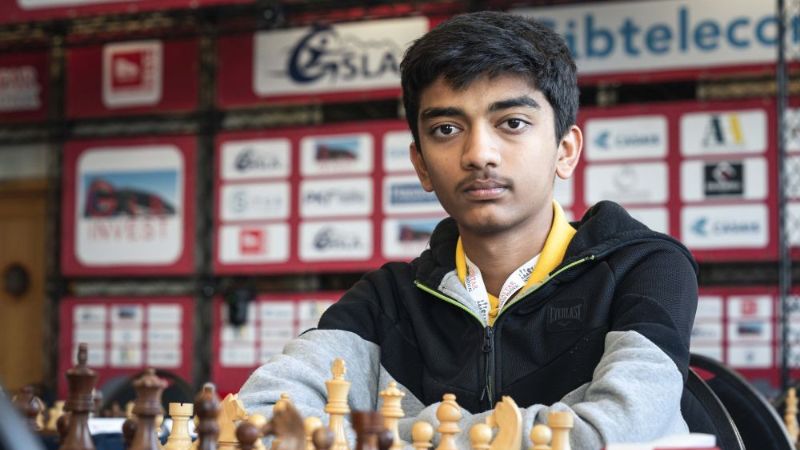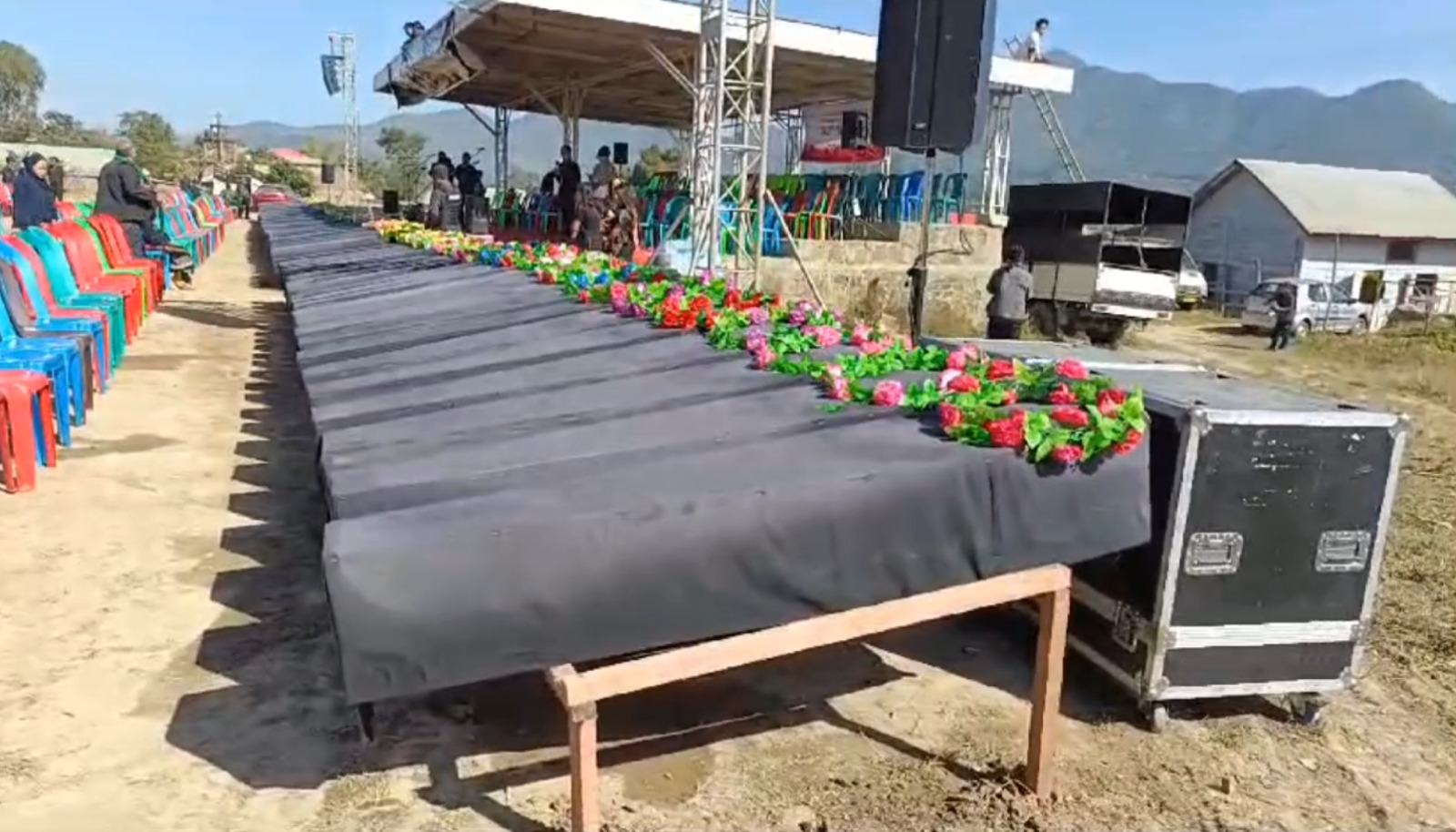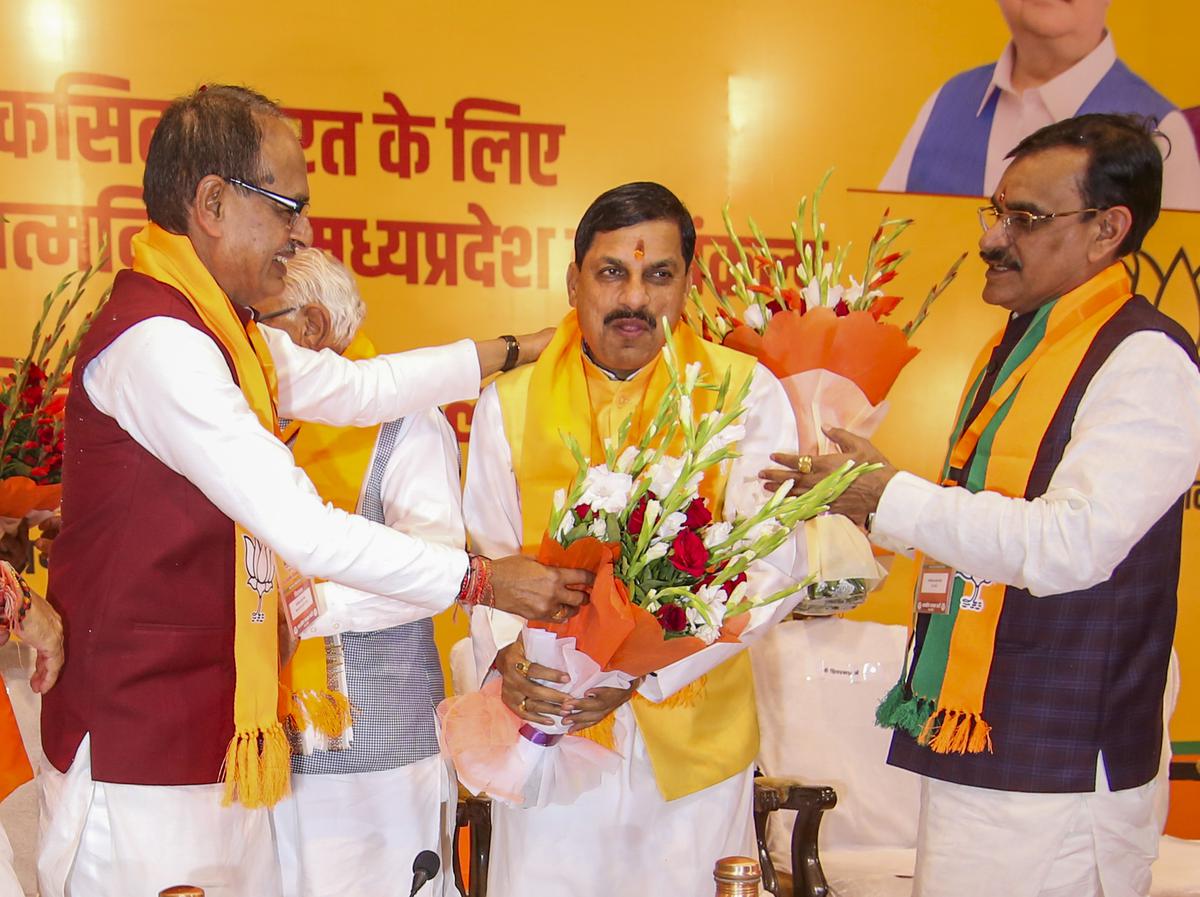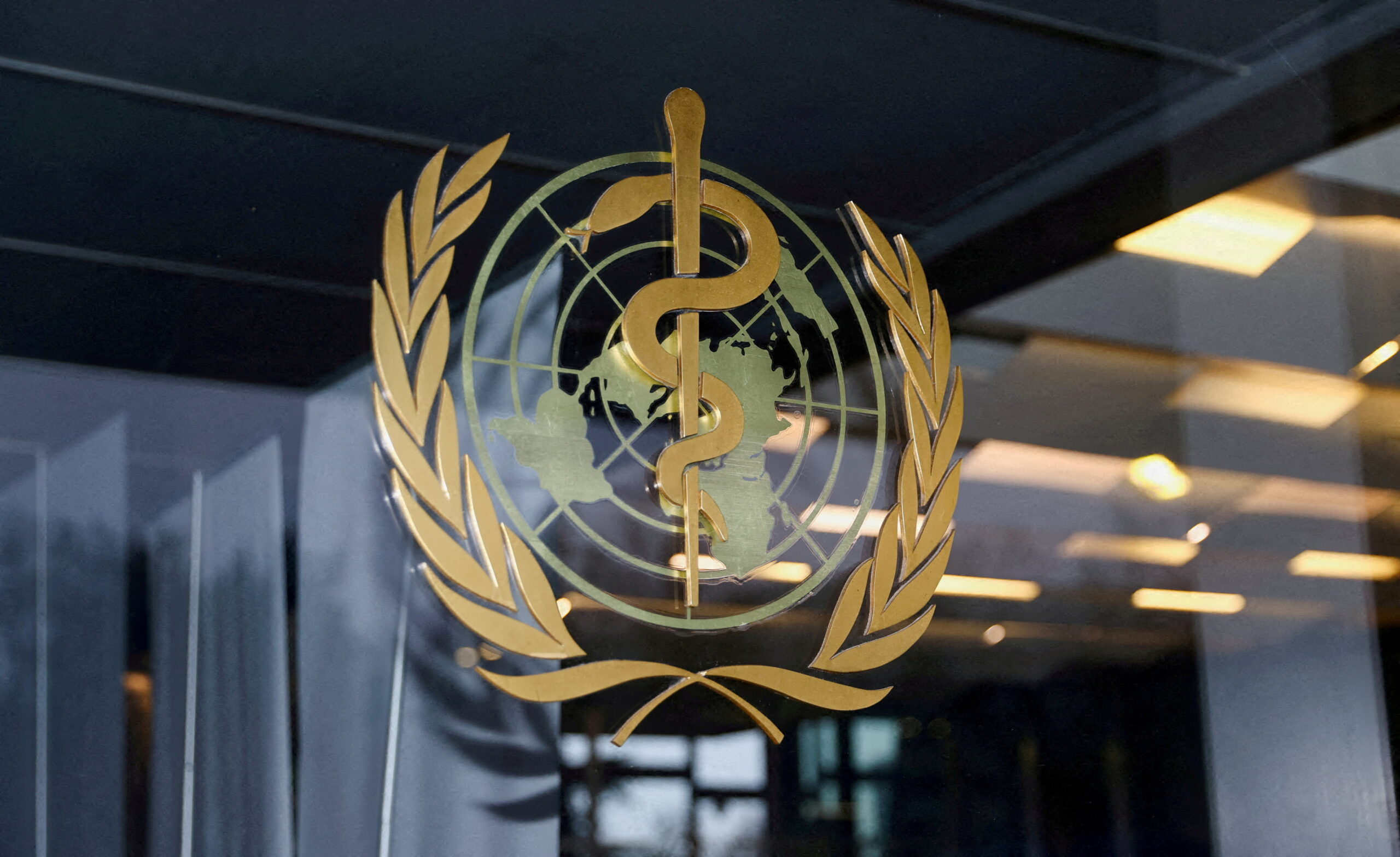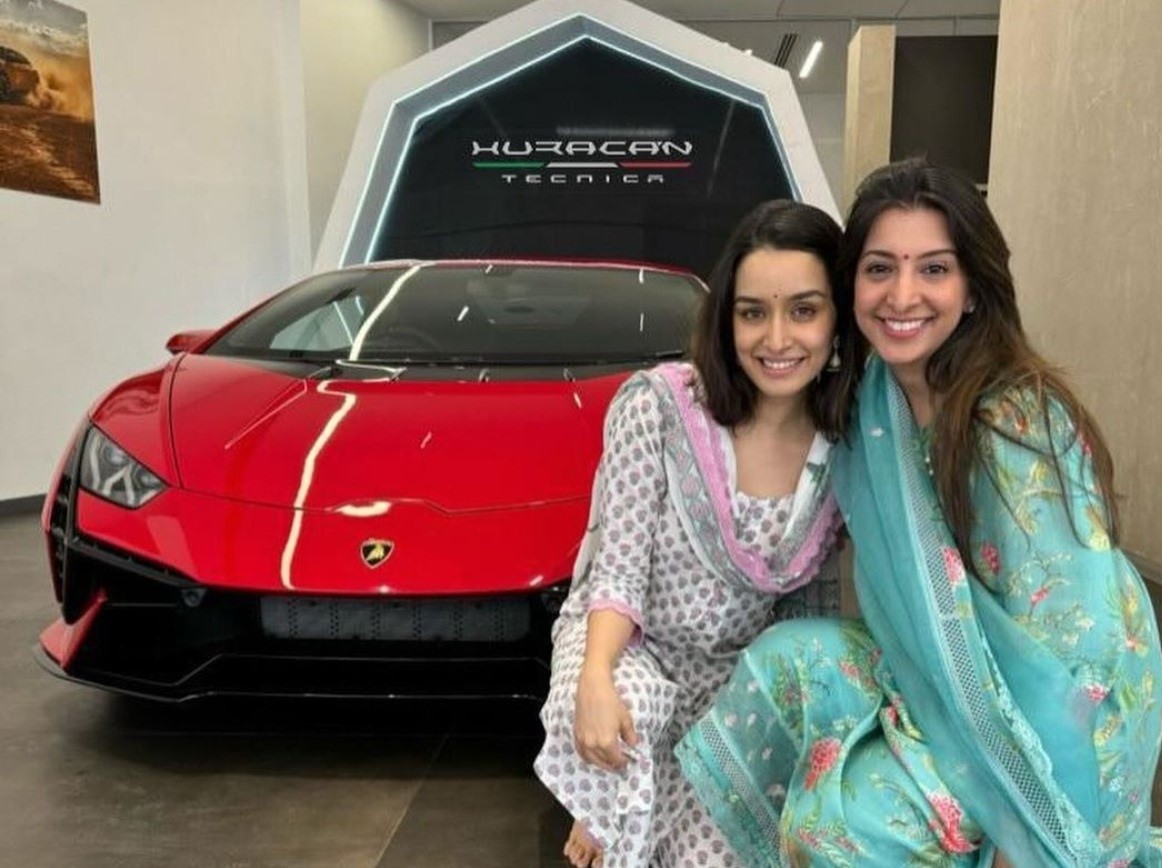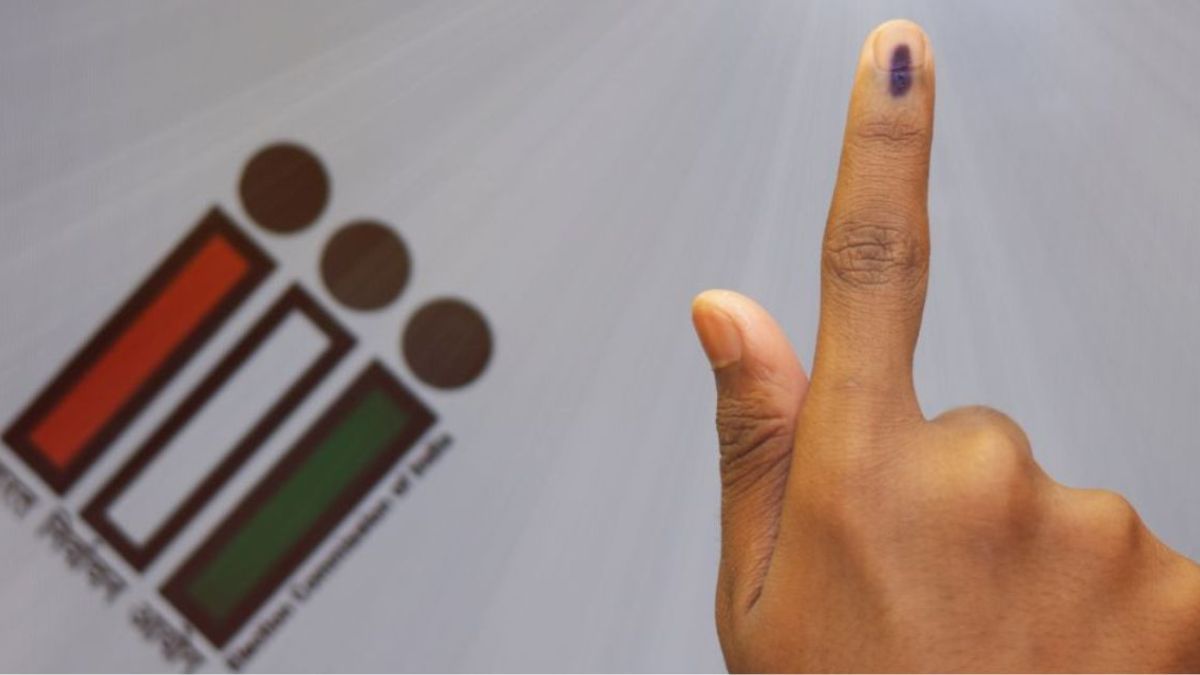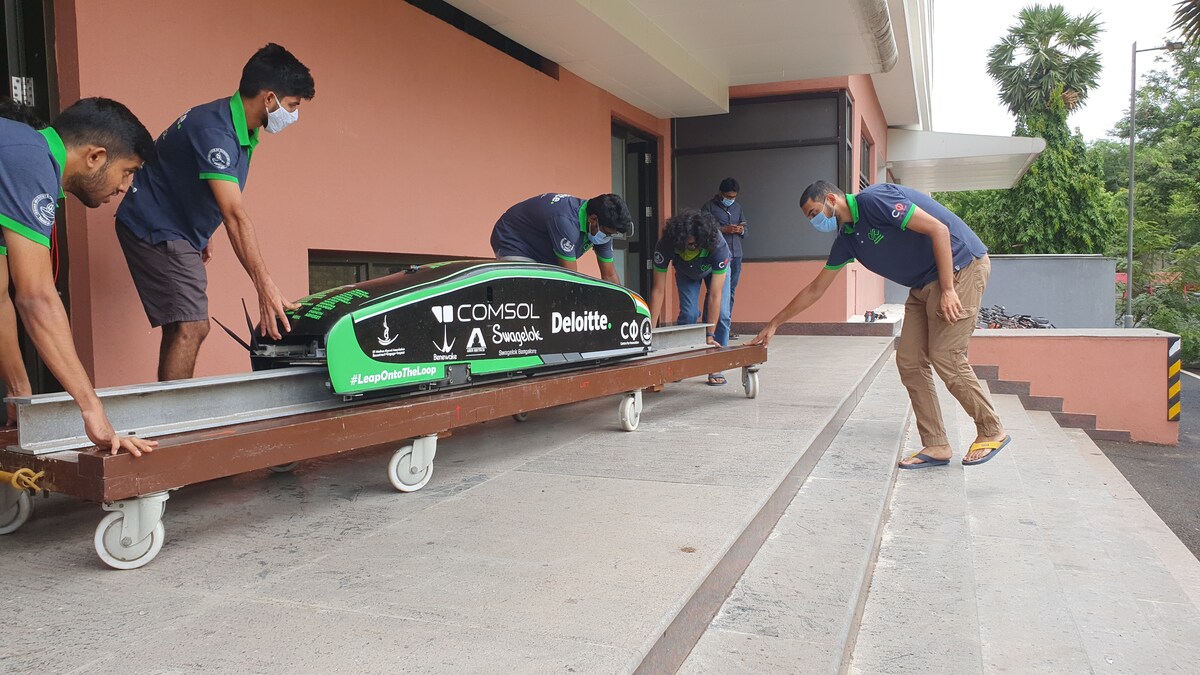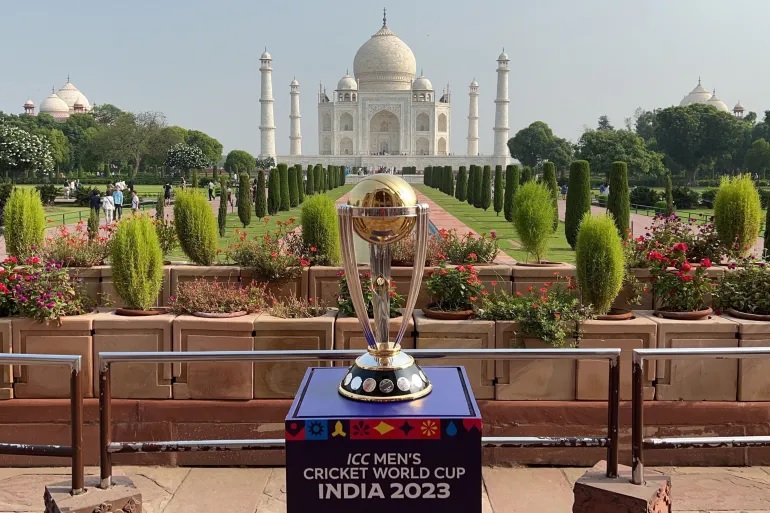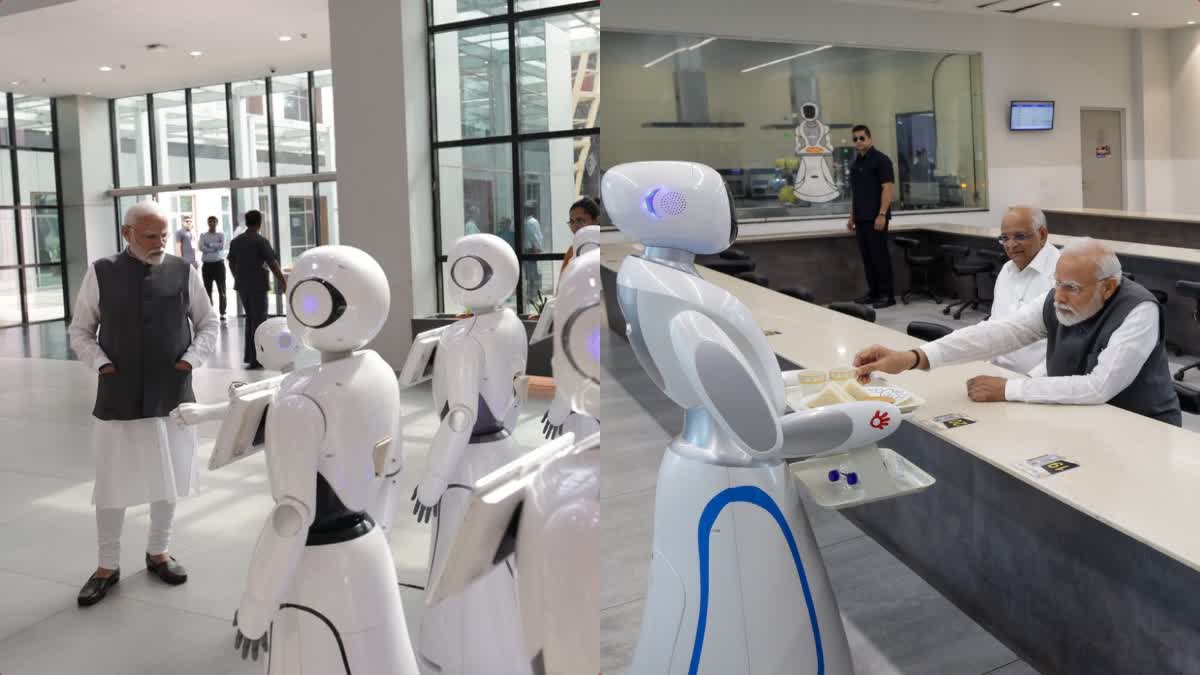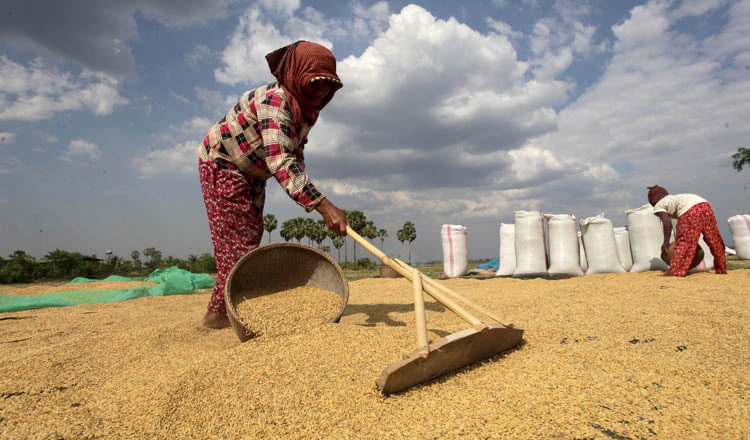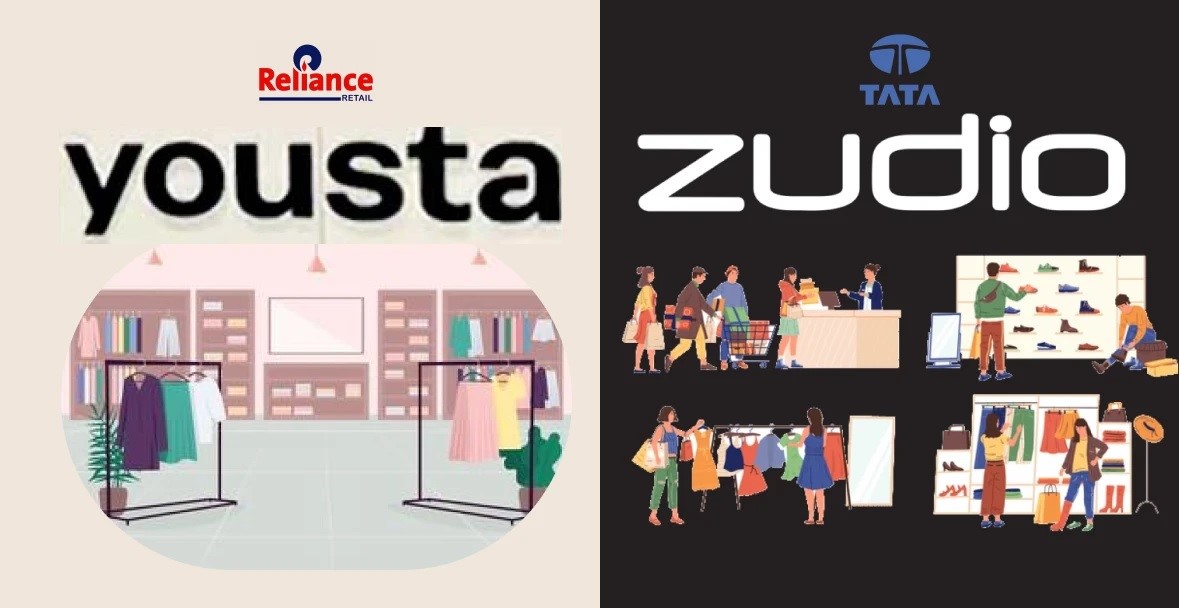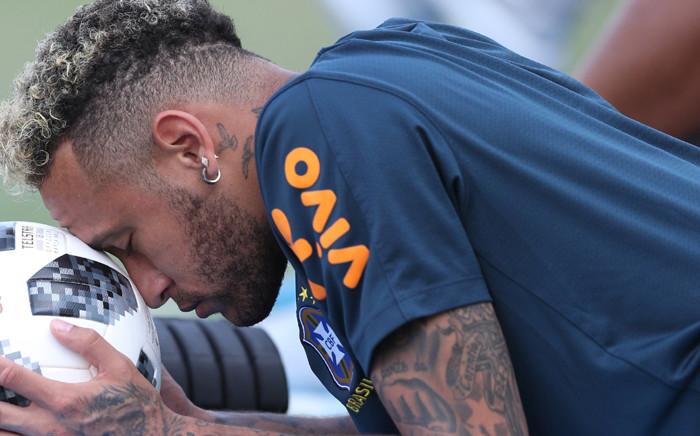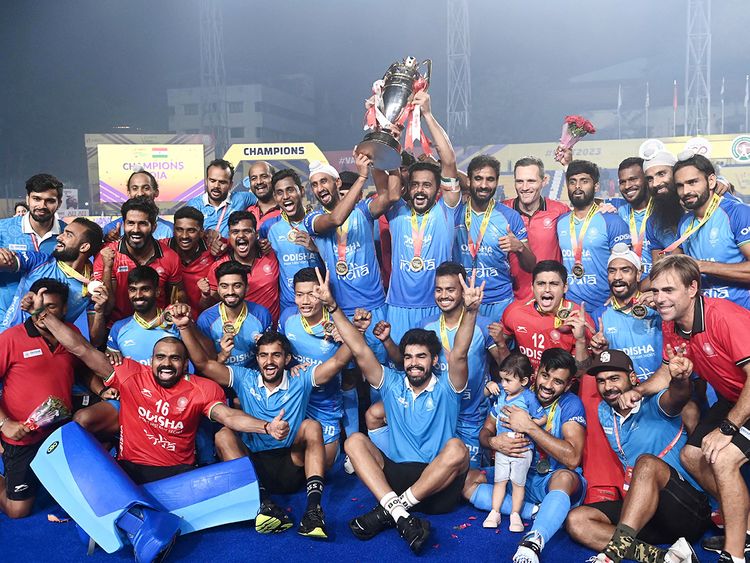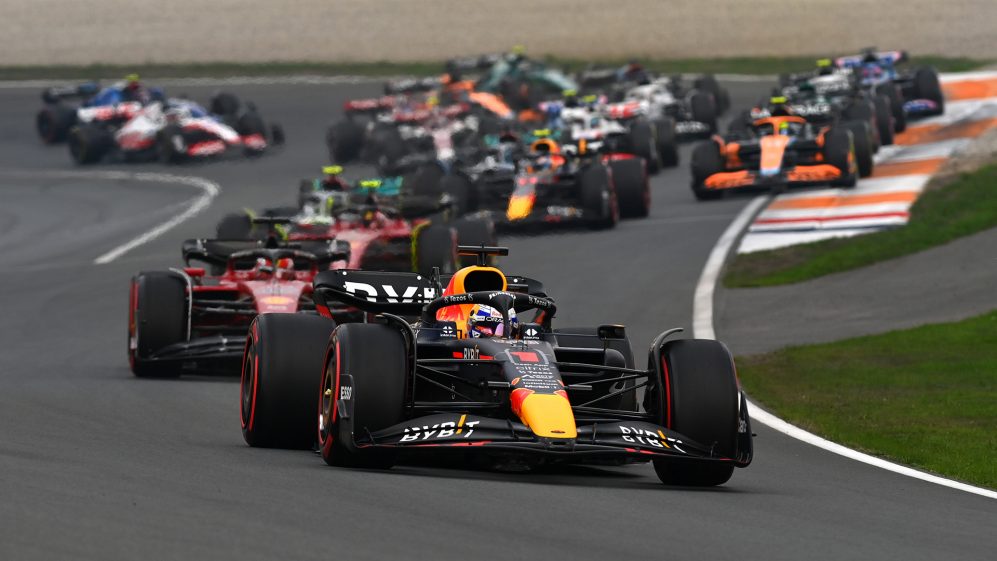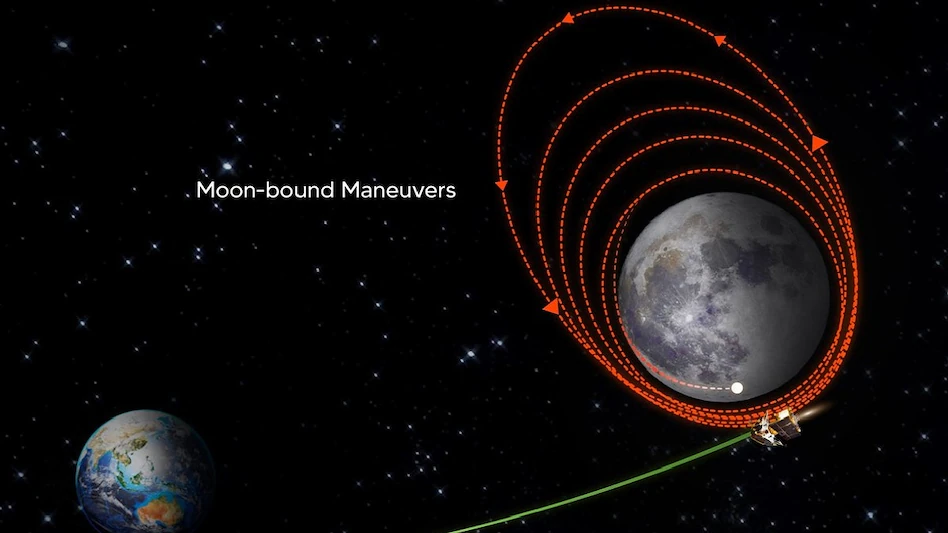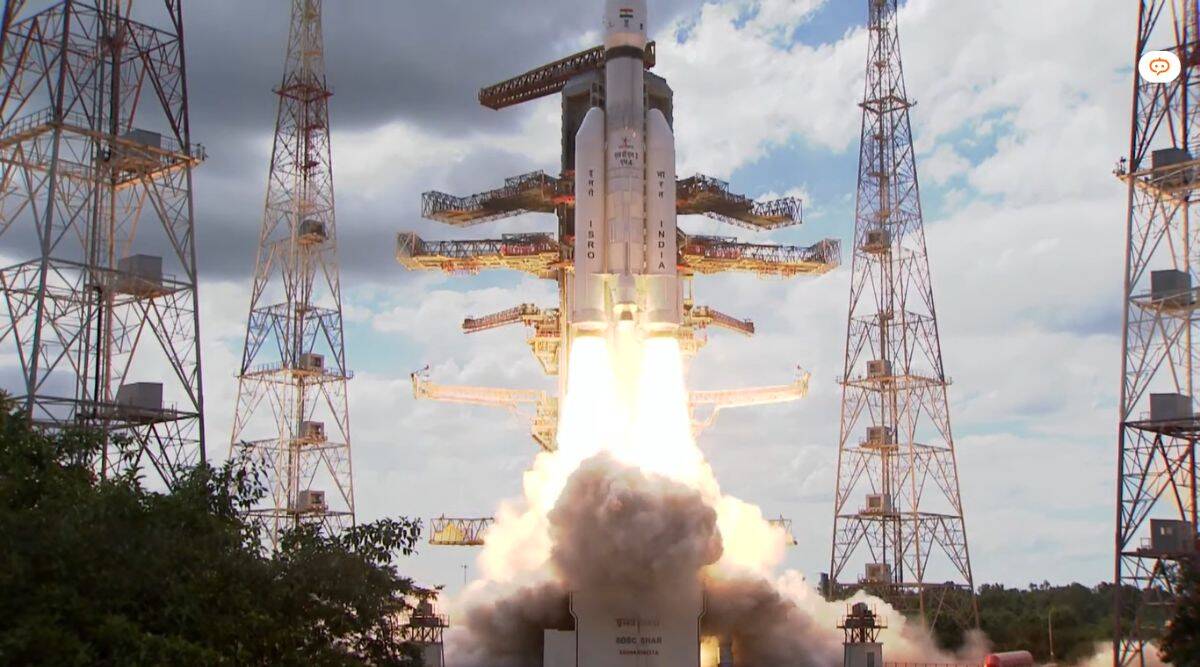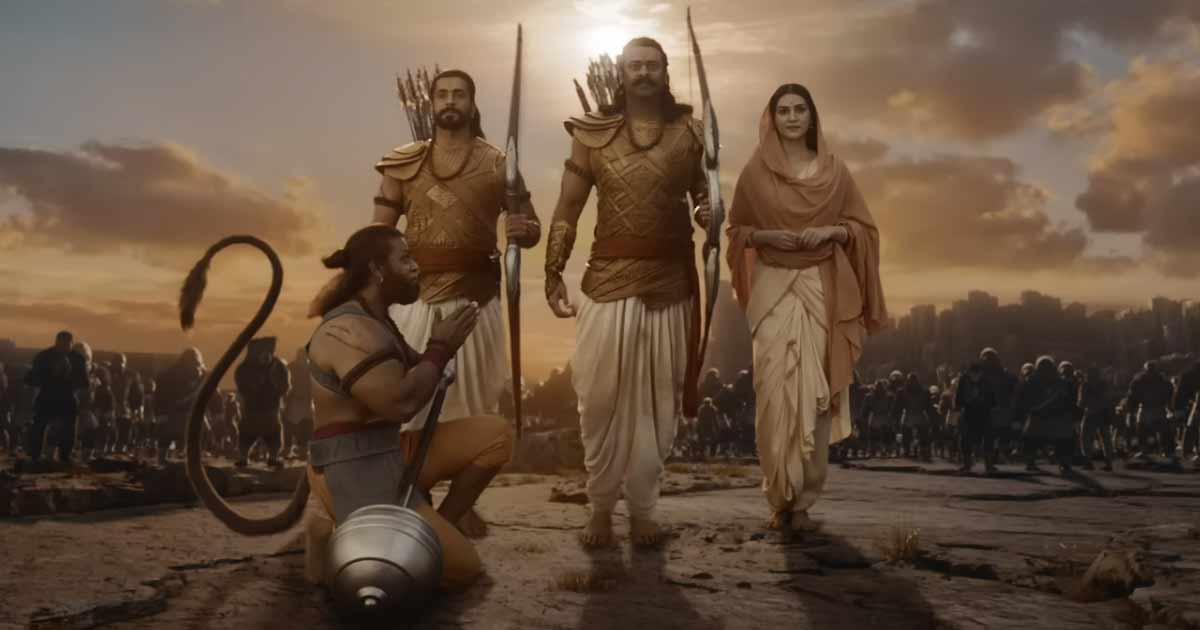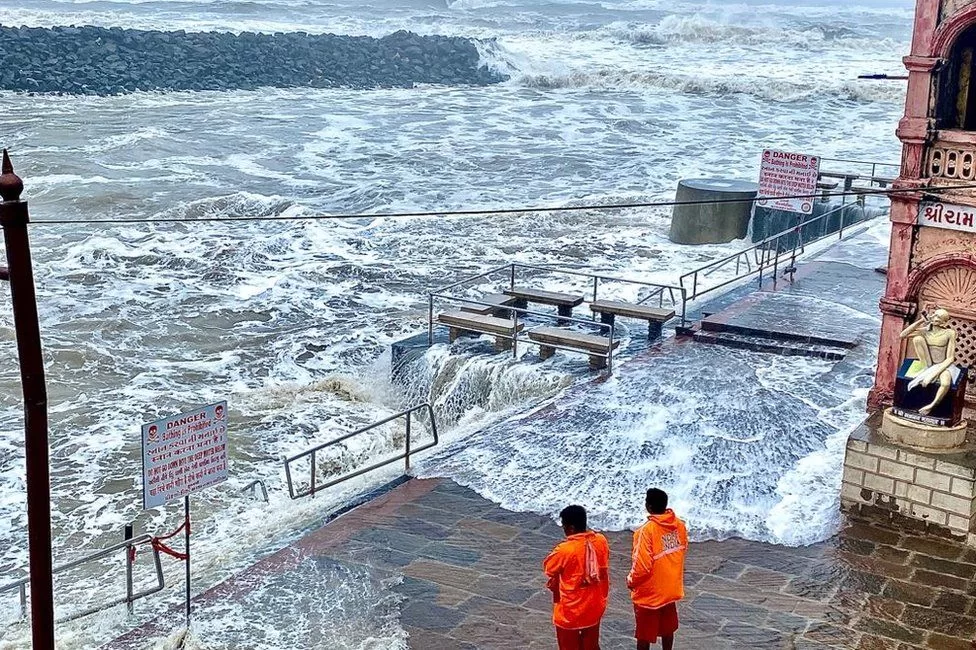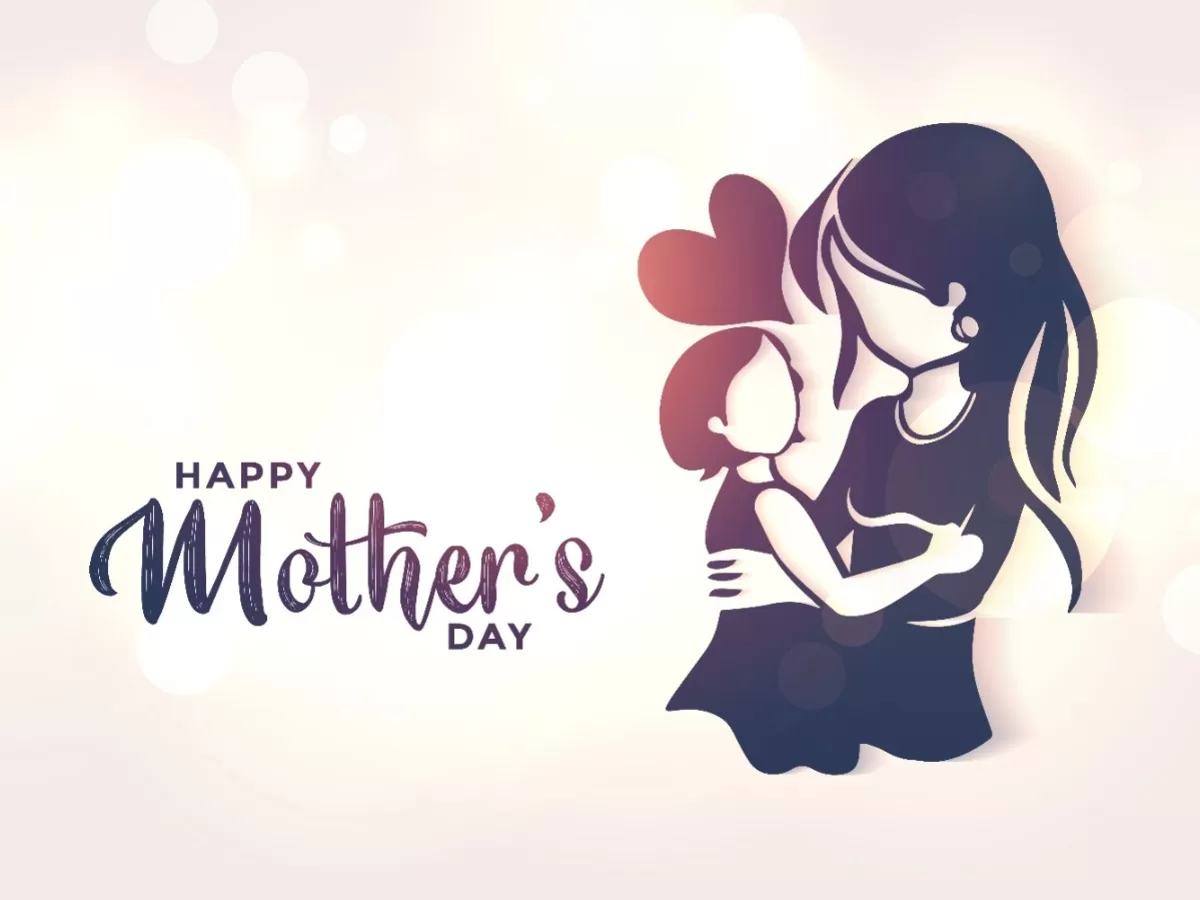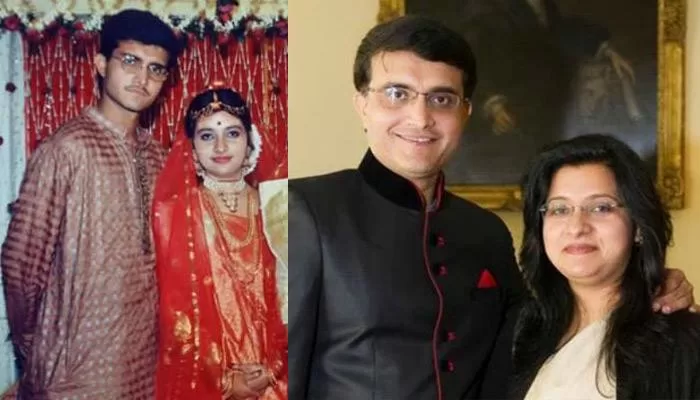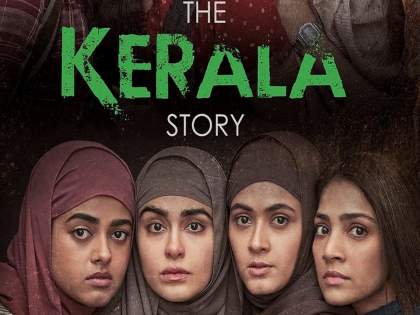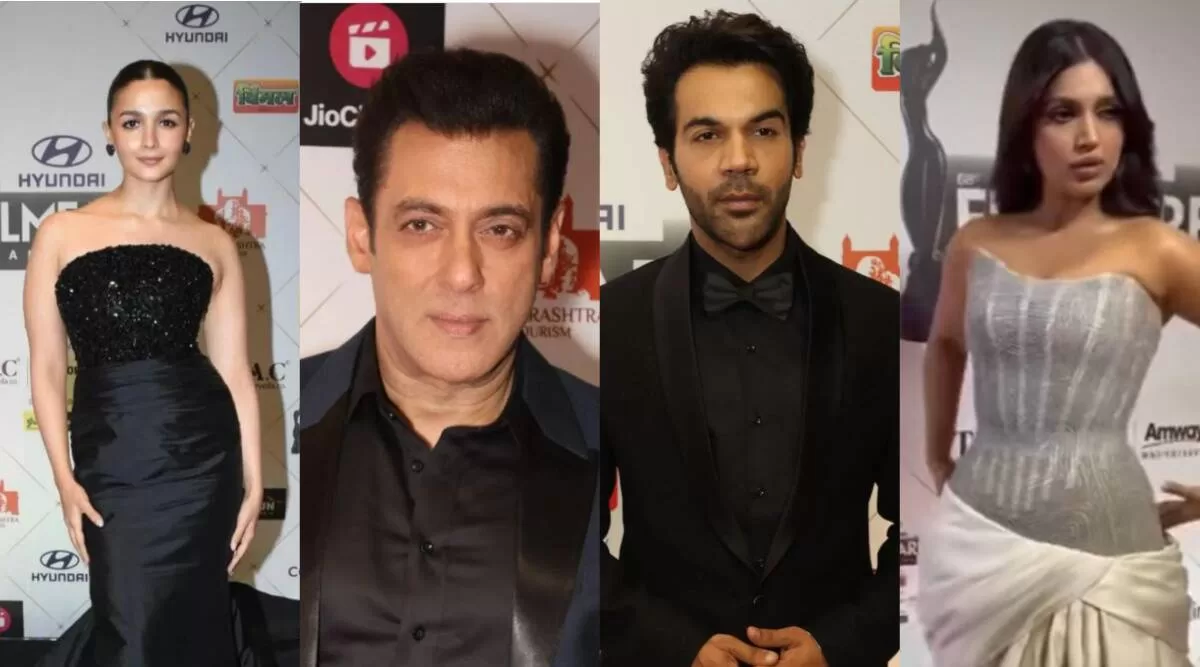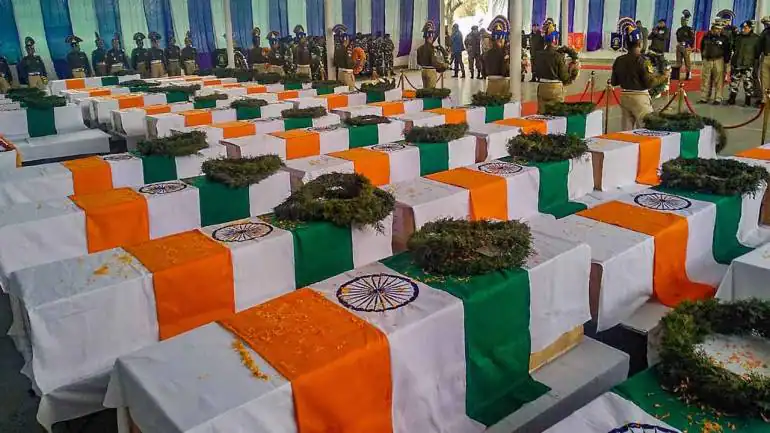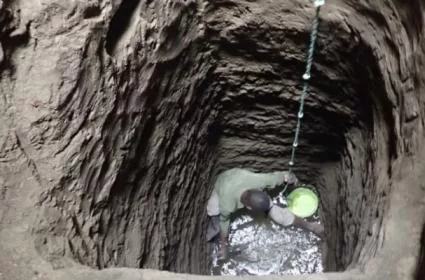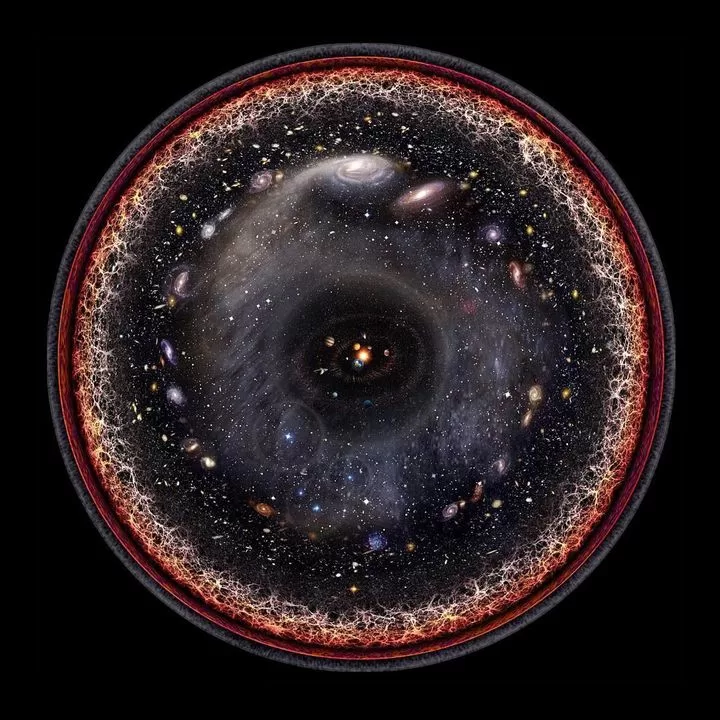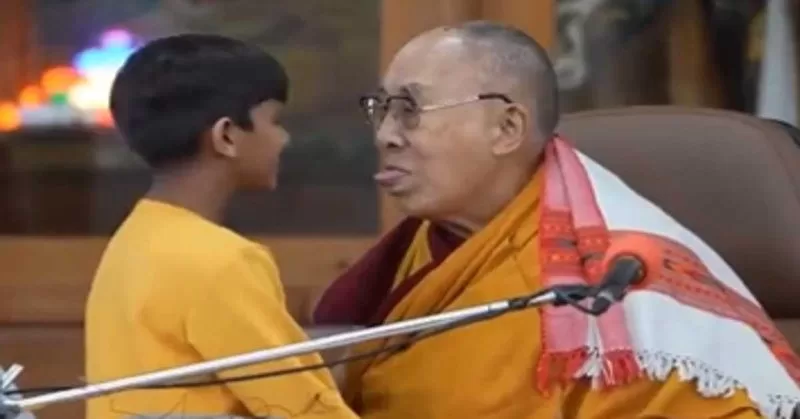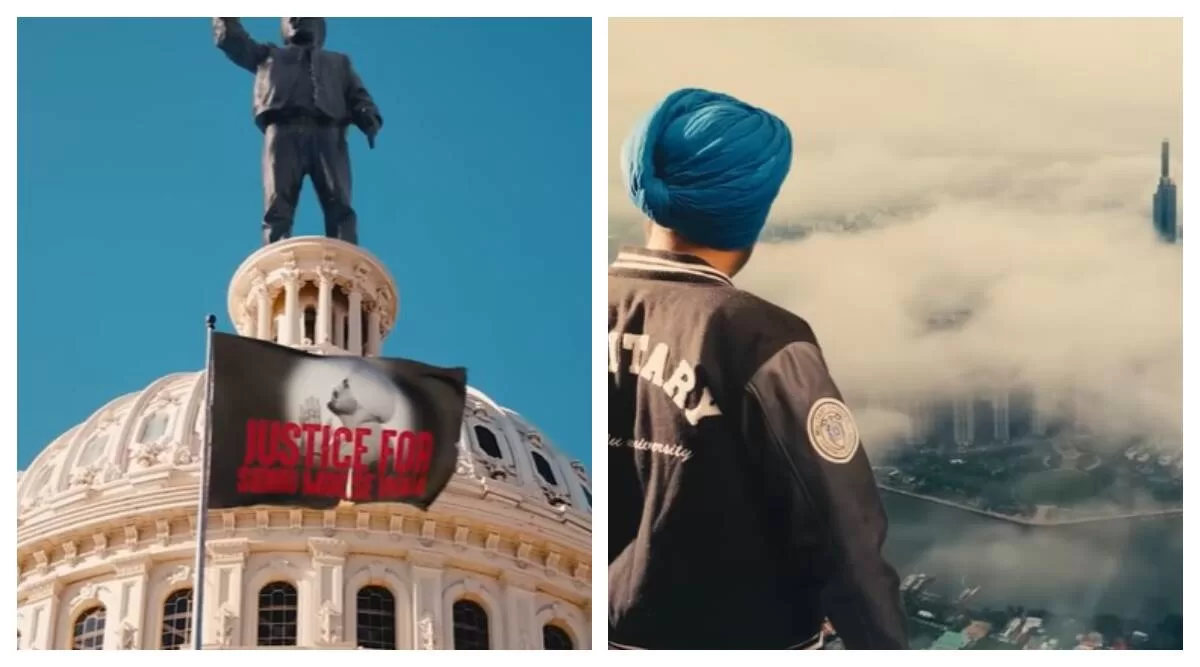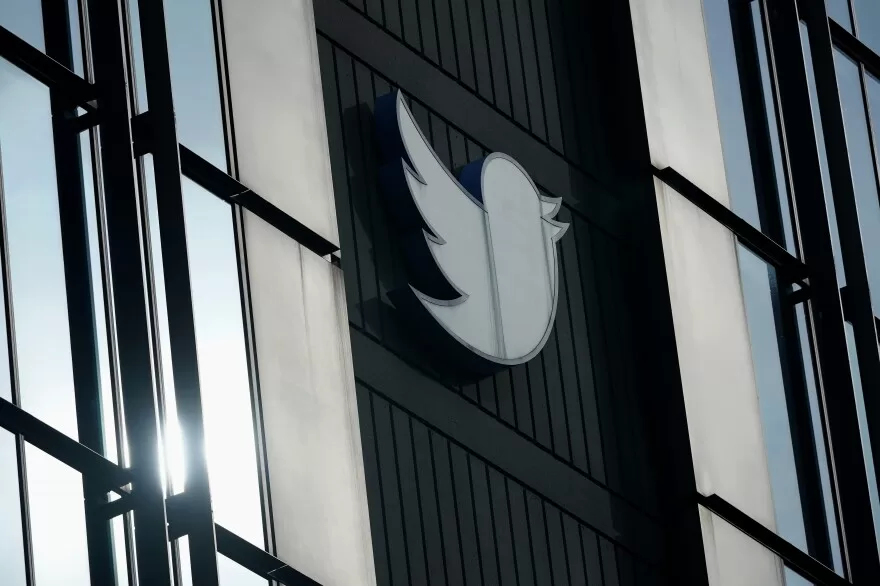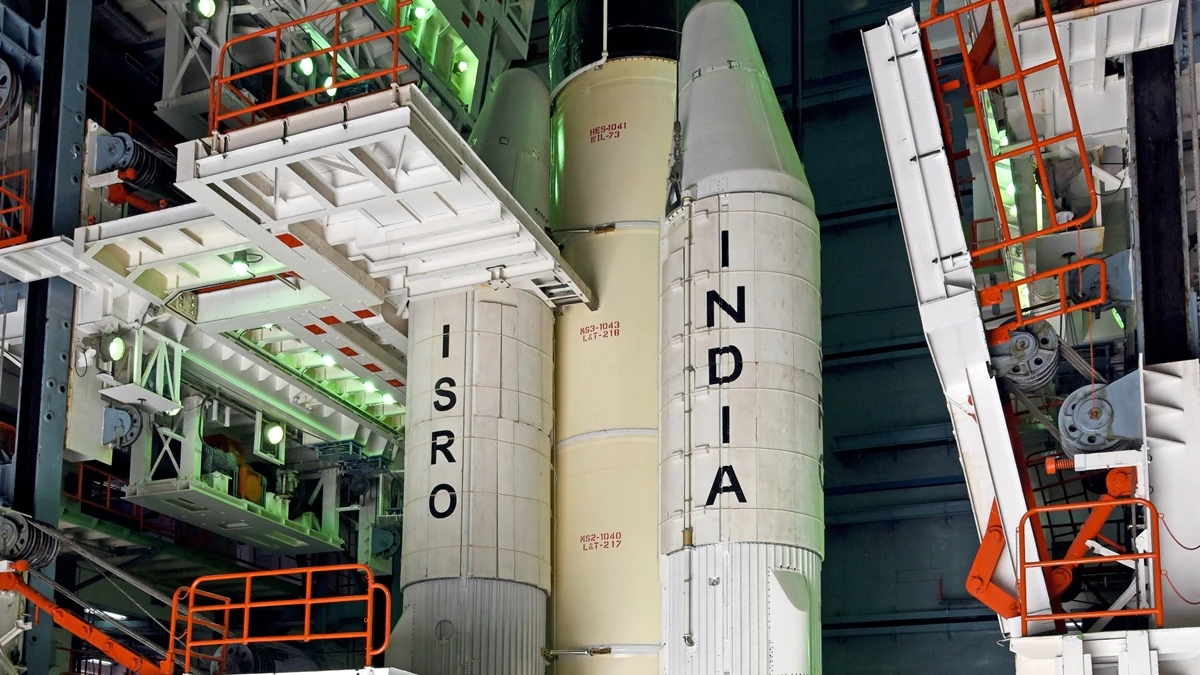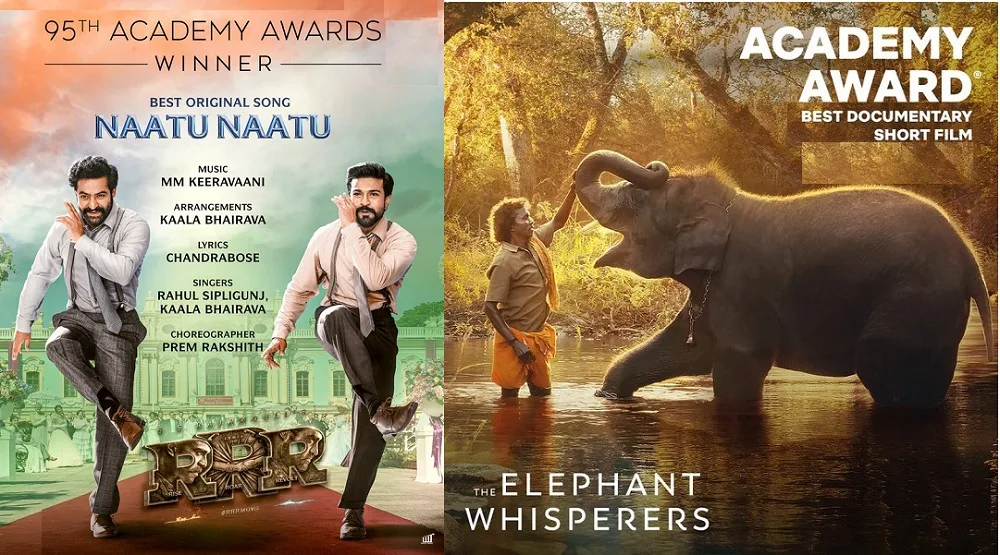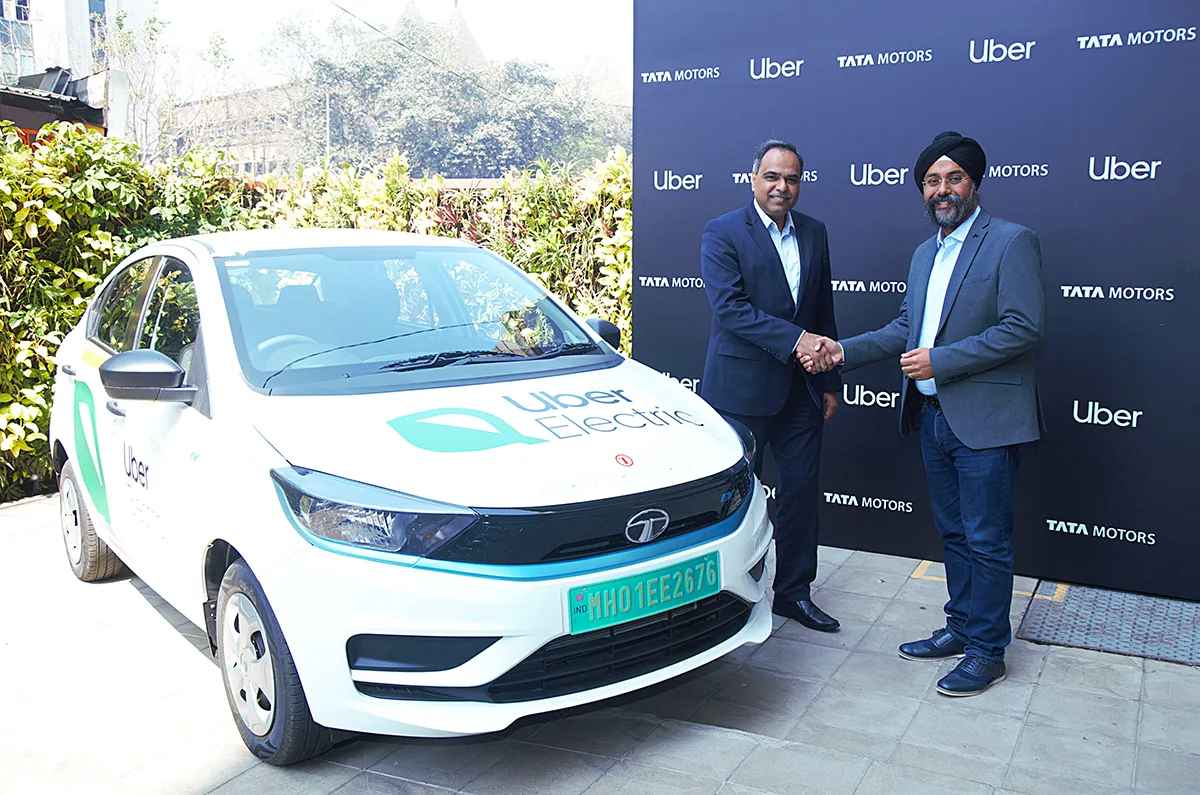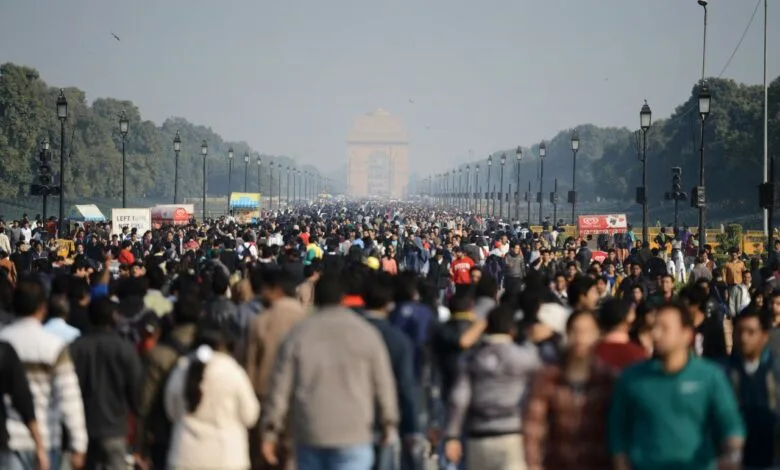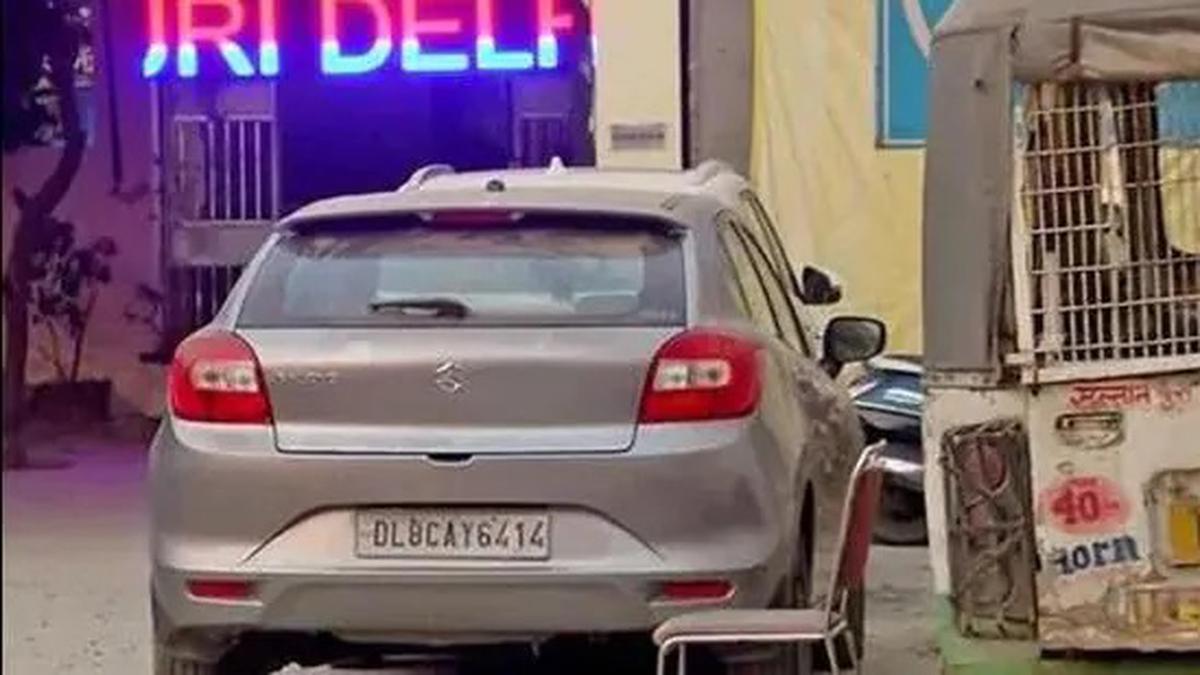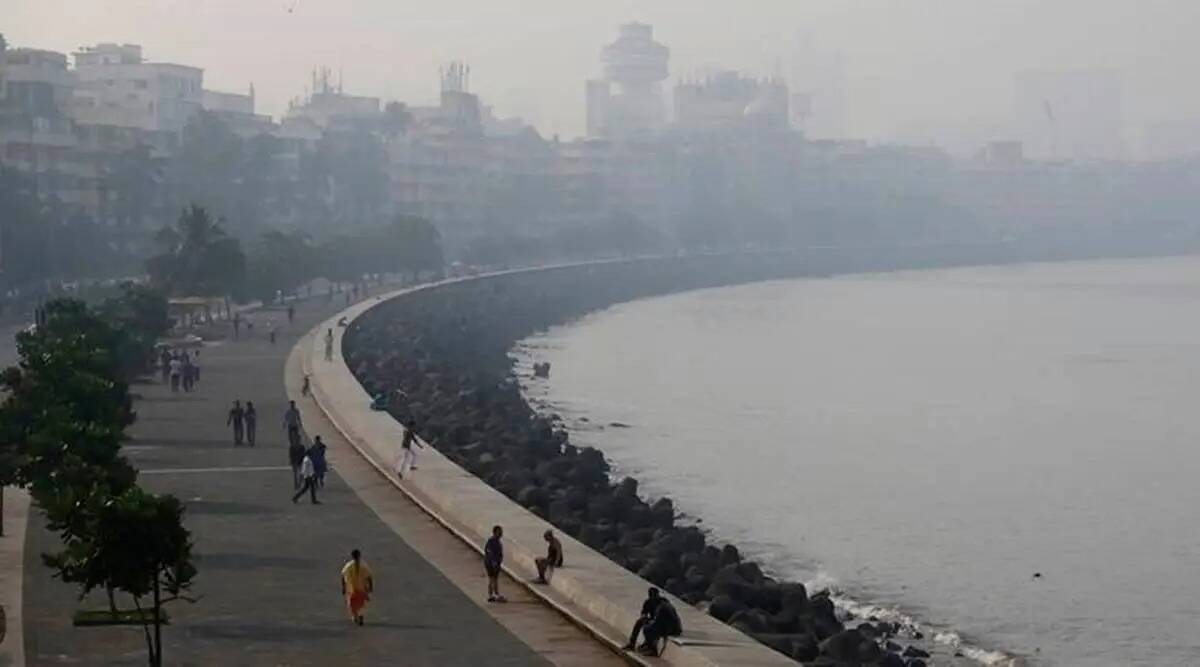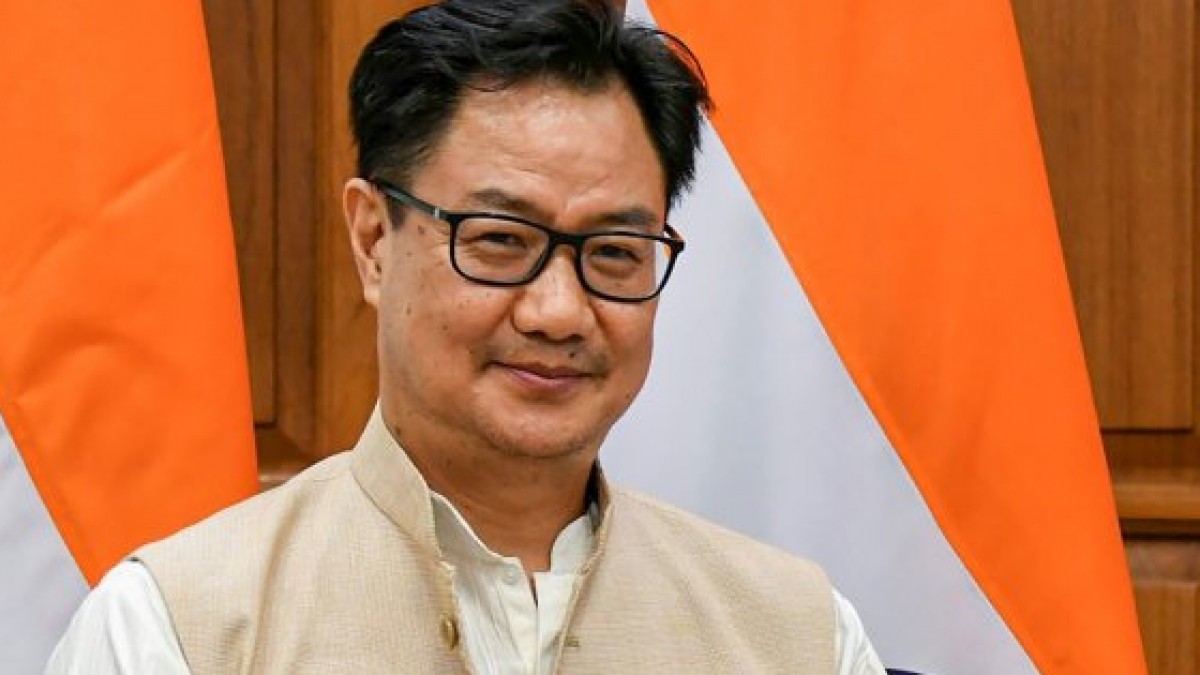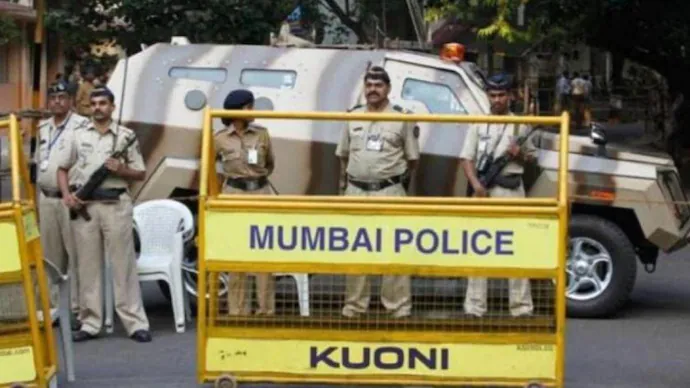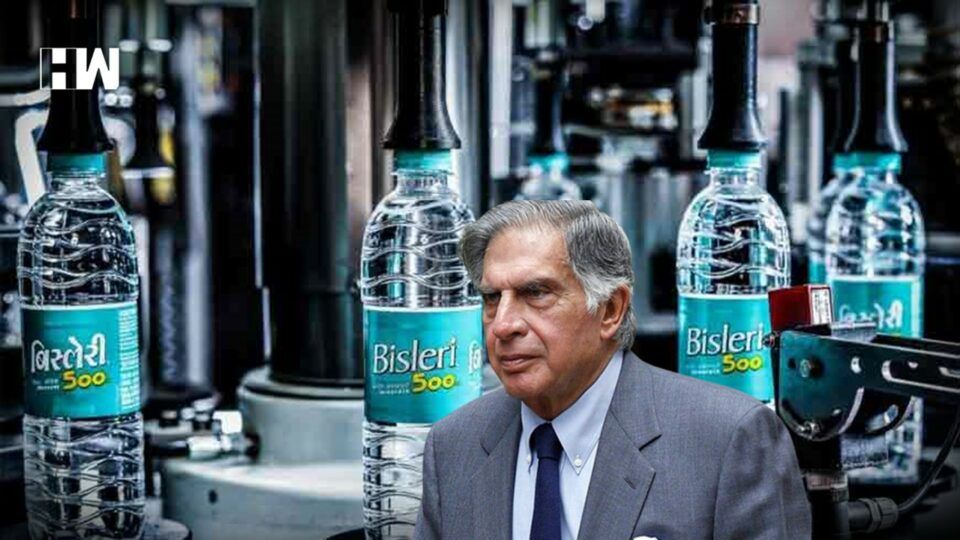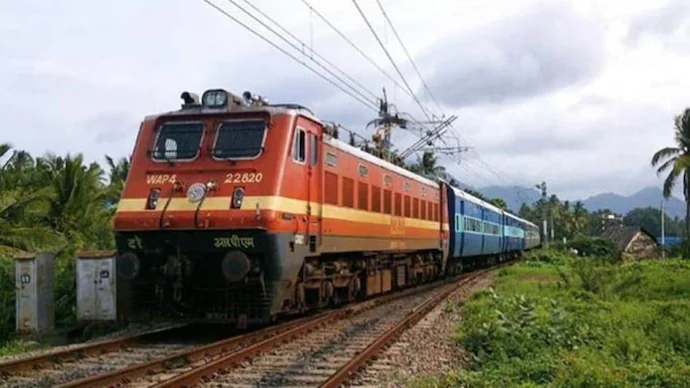
Attorney General R Venkataramani gave his thoughts on the electoral bonds scheme in a written filing to the Supreme Court on Sunday, one day before the court is scheduled to hear the petitions contesting it.
According to the Constitution, the federal government has informed the Supreme Court that voters do not have a right to know how political parties are funded.
Attorney General R. Venkataramani claimed that Article 19(1)(a) of the Constitution only gives citizens the right to know the antecedents of candidates and not a “general right to know everything” in a statement submitted to the top court ahead of a hearing on petitions challenging the electoral bond scheme. This implied that information on electoral bonds could not be in the public domain.
On Tuesday, October 31, a five-judge Supreme Court bench led by Justice DY Chandrachud will hear petitions against the electoral bonds program on the grounds that it is “opaque and undemocratic”.
In written comments before the Supreme Court bench, Venkataramani stated that voters’ constitutional rights are limited to using them to choose candidates wisely and to learn about their backgrounds; they do not always extend beyond that.
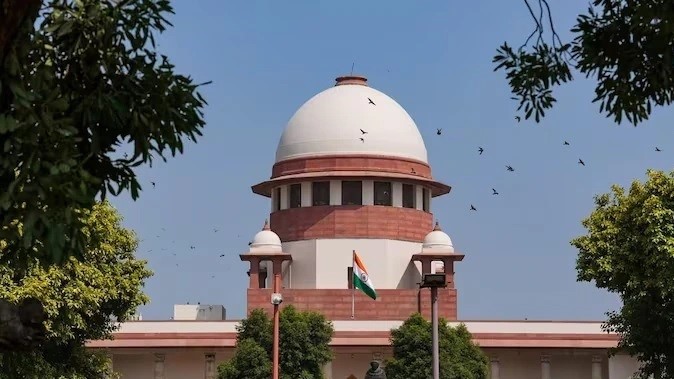
Also read: Election 2023 dates announced for 5 states, check updates.
“Information limited to such knowledge serves a specific end of citizens’ choice of electing candidates free from blemish. Right to know for specific rightful expression was thus conceived. From that it cannot be said that the right to know for general or broad ends necessarily follows,” he argued in his statement.
“Therefore, these judgments cannot be read as to suggest that a citizen has a right to information under Art. 19(1)(a) regarding funding of political party. If there is no right under Article 19(1)(a), the further question of locating reasonable restriction under Article 19(2) does not arise,” he stated.
“The right to know the criminal antecedents of a candidate, which can be of utility and relevance to the choice of a candidate, is neither comparable to the case on hand nor can there be a general right to know anything and everything for undefined ends,” he said, citing the top court’s historic ruling in the People’s Union for Civil Liberties case in 2003.
Noting that the plan is completely equitable within the jurisdiction, he further advised the court not to make decisions on the subject in the absence of a clear Constitutional provision.
“The contributor is granted the benefit of confidentiality under the aforementioned plan. It guarantees and encourages contributions of clean money. It guarantees paying taxes as required. Therefore, it does not violate any preexisting rights,” the Attorney General’s proposal stated in part.
“That contribution to political parties has democratic significance and is a fit subject for political debate and demand of governance accountability free from influences does not mean that the court will proceed to declare on such matters in the absence of a clear constitutionally offending law,” he wrote.
He said that these are hotly contested issues that cannot be reduced to generalizations without parliamentary discussion.
Together with the CJI, Justices Sanjiv Khanna, BR Gavai, JB Pardiwala, and Manoj Misra will make up the five-judge bench that will hear the case. On October 16, a 3-judge panel referred the case to the 5-judge bench “due to the significance of the issue raised.”



























































